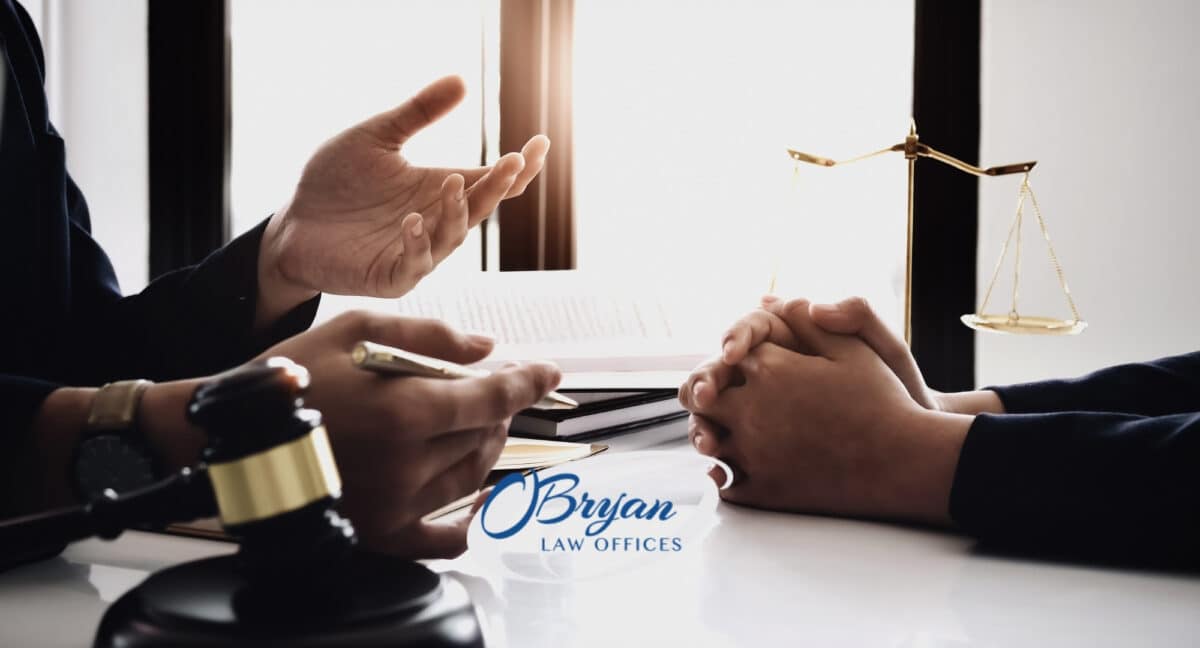Chapter 13 bankruptcy is a legal process designed to help individuals reorganize their debts and establish a manageable repayment plan. Despite its potential benefits, there are several myths and misconceptions surrounding Chapter 13 bankruptcy or any other bankeuptcy like medical debt bankruptcy that can deter people from considering it as a viable financial solution. In this article, we will debunk these myths and provide a clearer understanding of Chapter 13 bankruptcy.
Myth 1: Chapter 13 bankruptcy is only for those with substantial debts
One common misconception is that Chapter 13 bankruptcy is exclusively for individuals drowning in overwhelming debt. In reality, Chapter 13 is a versatile option for people with a steady income who want to restructure their debts, regardless of the total amount owed. It allows debtors to create a manageable repayment plan based on their income and expenses.
Myth 2: Chapter 13 bankruptcy ruins your credit forever
While filing for Chapter 13 bankruptcy does impact your credit score, the notion that it ruins it permanently is inaccurate. In fact, many individuals who choose Chapter 13 have already experienced financial difficulties, and the bankruptcy process can provide a fresh start. Over time, with responsible financial behavior, credit scores can gradually improve.
Myth 3: You lose all your assets in Chapter 13 bankruptcy
Contrary to the belief that filing for bankruptcy means surrendering all your assets, Chapter 13 is specifically designed to help debtors keep their property. Through the repayment plan, individuals can retain their homes, cars, and other essential assets while working towards settling their debts. Chapter 13 allows for a more structured approach to debt management, preventing the liquidation of assets.
Myth 4: Chapter 13 bankruptcy erases all types of debt
Another misconception is that Chapter 13 wipes away all debts, regardless of their nature. While certain debts can be discharged, others must be repaid in full or in part through the repayment plan. Priority debts such as child support, alimony, and certain tax obligations are not dischargeable, emphasizing the importance of understanding the specific terms and conditions of Chapter 13 bankruptcy.
Myth 5: You can include all debts in the repayment plan
Not all debts are treated equally in Chapter 13 bankruptcy. You may have questions like can i get my car back after repossession which takes us to the point that Secured debts, such as mortgages and car loans, often need to be paid in full through the repayment plan if you intend to keep the associated property. Unsecured debts, like credit card balances and medical bills, may only require a partial payment, and any remaining balance may be discharged at the end of the plan.
Myth 6: Chapter 13 bankruptcy is a quick fix
Some individuals believe that Chapter 13 bankruptcy offers an immediate solution to their financial woes. In reality, the process typically spans three to five years, during which debtors adhere to a court-approved repayment plan. While this may seem like a significant commitment, it provides a structured and manageable timeline for debt resolution.
Myth 7: You can only file for Chapter 13 bankruptcy once
Contrary to the belief that you can only file for Chapter 13 bankruptcy once in your lifetime, there is no rule that strictly limits the number of times you can file. However when this question arises can you file bankruptcy twice? There are time restrictions between filings, which vary depending on the type of bankruptcy previously filed. Understanding these timelines is crucial for individuals considering a second filing.
Conclusion
Chapter 13 bankruptcy is a powerful tool that allows individuals to take control of their financial situations and work towards a debt-free future. Debunking the common myths and misconceptions surrounding Chapter 13 is essential for fostering a more accurate understanding of its benefits and limitations. By seeking professional advice and approaching the process with realistic expectations, individuals can make informed decisions about whether Chapter 13 bankruptcy is the right path for them


